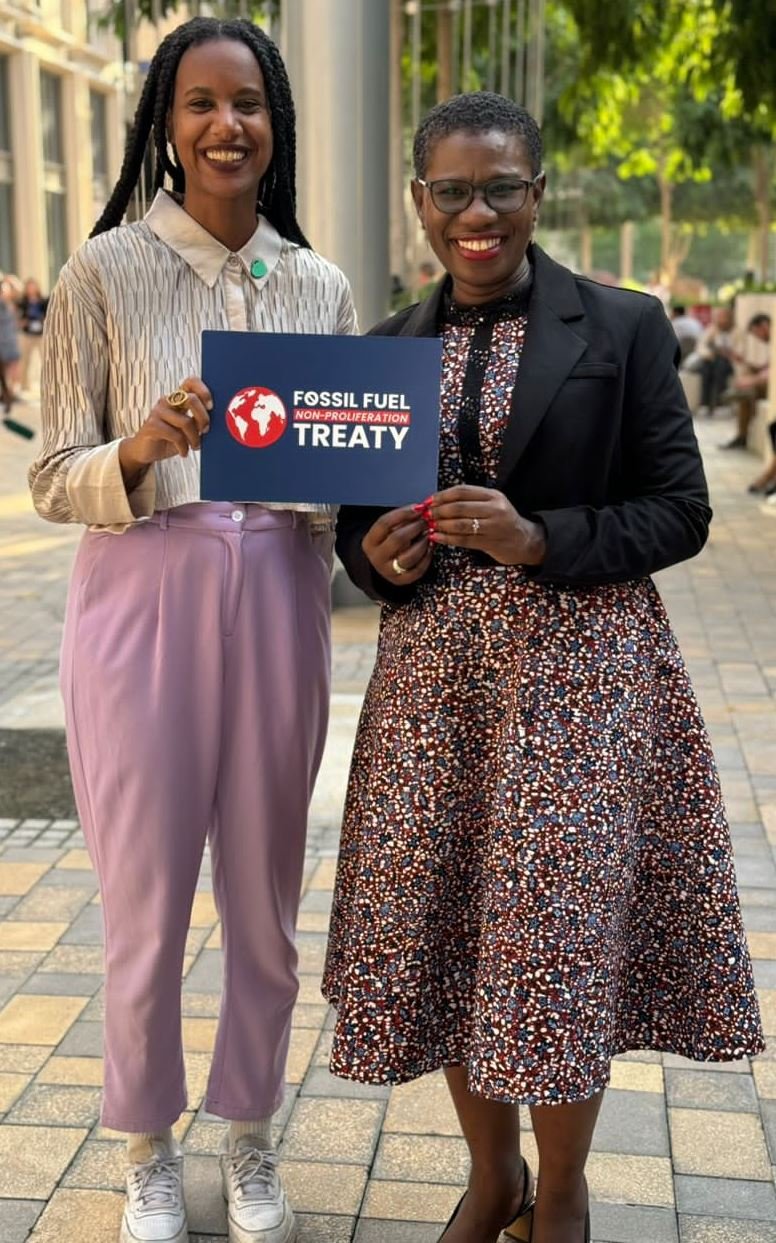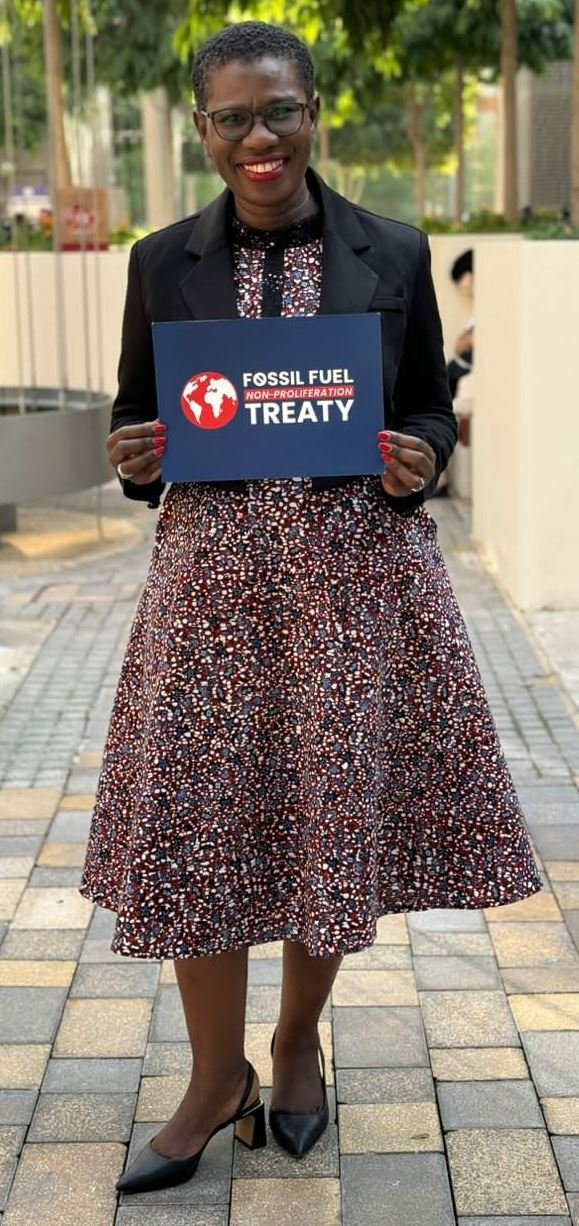Freetown is on record to be the second city on the African continent to endorse a fossil fuel agreement.
The agreement is called Fossil Fuel Non-Proliferation Treaty and was approved at an event on December 10, 2024.
This pivotal decision aligns Freetown with over 120 cities and subnational governments globally that are fervently advocating for a just transition from “fossil fuels sale and use to renewable energy sources.”
This bold move not only reinforces Freetown’s commitment to climate action but also follows the city’s launch of its inaugural climate action strategy and the groundbreaking appointment of Africa’s first heat officer, aimed at tackling the alarming vulnerabilities posed by climate change.
Mayor Yvonne Aki-Sawyerr passionately underscored the urgent need to shift away from fossil fuels, emphasizing the significant global stakes at play in this crisis.

 She articulated the vital role that African cities can fulfil in spearheading a just energy transition, portraying them as dynamic hubs of economic activity and innovation.
She articulated the vital role that African cities can fulfil in spearheading a just energy transition, portraying them as dynamic hubs of economic activity and innovation.
As co-chair of C40 Cities, alongside London’s mayor, Sadiq Khan, Aki-Sawyerr has been instrumental in solidifying Freetown’s influence as an outspoken champion of climate justice on a global scale.
Mark Watts, the Executive Director of C40 Cities, lauded Freetown’s endorsement as a courageous stance against the powerful clutches of the fossil fuel industry, particularly within the African context.
He urged wealthier nations to recognize their responsibility in phasing out fossil fuels and to provide necessary support to cities in the Global South, and by aiming for a greener and more equitable energy future.
Karim Bah, a dedicated social justice activist, praised Freetown’s longstanding commitment to abolitionist movements, drawing a poignant parallel between its current fight against fossil fuels and its historical legacy in the struggle against slavery. He characterized this endorsement as a powerful response to the persistent calls from activists advocating for a future liberated from the grips of fossil fuel dependency.
Freetown’s endorsement of the fossil treaty aligns seamlessly with the surging global momentum, fueled by cities and organizations championing a fair and inclusive transition to renewable energy.
The treaty proposal has amassed tremendous backing, counting over 3,500 institutions, 3,000 scientists, and 101 Nobel laureates among its supporters, alongside numerous youth groups, indigenous communities, and religious organizations.
Seble Samuel, the Head of Africa Campaigns at the Fossil Fuel Non-Proliferation Treaty Initiative, emphasized the urgent need to confront the exploitative practices of the fossil fuel industry in Africa while harnessing the continent’s vast renewable energy resources.
The core ambition of the treaty is to phase out fossil fuels in a manner that is equitable, prioritizing wealthier nations while facilitating essential financial and technological support for economic diversification in developing regions. Advocates, such as Fadhel Kaboub of Power Shift Africa, have called for strategic partnerships and investments that resonate with Africa’s ambitious green industrialization agenda outlined in Agenda 2063.
Freetown’s endorsement sends a resounding message against the ongoing extraction of Africa’s fossil fuel wealth, often destined for foreign markets.
Civil society groups and climate activists perceive this as a crucial stand against the neocolonial economic structures that have entrenched systemic inequalities across the continent.
With its immense renewable energy potential, Africa “stands at the cusp” of redefining its development trajectory, poised to lead a global transformation towards sustainable energy solutions.











































































































































































































































































































































































































































































































































































































































































































































































































































































































































































































































































































































































































































































































































































































































































































































































































































































































































































































































































































































































































































































































































































































































































































































































































































































































































































































































































































































































































































































































































































































































































































































































































































































































































































































